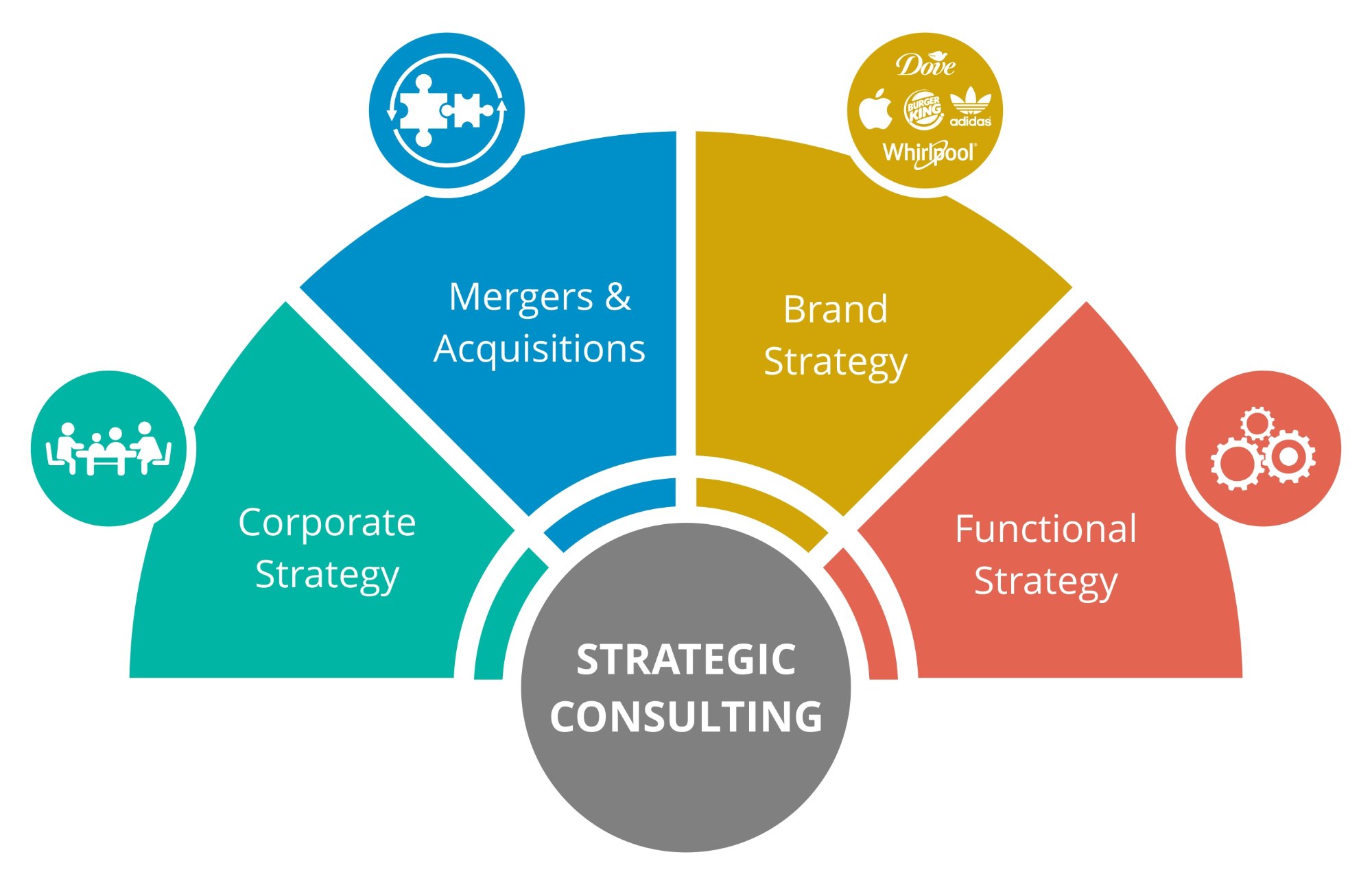
Hiring a marketing consultant can be a game-changer for your business. Whether you’re looking to enhance your branding, generate more leads, or improve your overall marketing strategy, consultants bring expertise and fresh perspectives to the table. However, not all consultants deliver the same level of results. To ensure you’re getting a strong return on your investment, it’s crucial to measure their effectiveness systematically.
In this blog post, we’ll explore key methods and metrics to evaluate the performance of a marketing consultant—whether they’re focused on general strategy or acting as a Strategic Marketing Consultant to align your goals with measurable outcomes.
Why Measuring Effectiveness Matters

Assessing the effectiveness of a marketing consultant ensures that their contributions align with your business objectives. Measuring results helps you:
-
Identify areas of success and improvement
-
Optimize your marketing budget
-
Maintain accountability and transparency
-
Ensure long-term value from your collaboration
With clear evaluation criteria, you’ll be able to determine if your consultant is worth the investment or if adjustments are needed.
Key Steps to Measure Marketing Consultant Effectiveness
1. Set Clear Goals and Objectives
Before you start working with a consultant, establish specific goals and objectives. These should align with your overall business strategy and define what success looks like for your collaboration.
Examples of measurable goals include:
-
Increasing website traffic by 20% in three months
-
Generating 50 qualified leads per month
-
Improving social media engagement by 30%
When you have clear objectives, it becomes easier to track progress and evaluate the consultant’s contributions.
2. Track Key Performance Indicators (KPIs)
To measure effectiveness, focus on Key Performance Indicators (KPIs) relevant to your marketing strategy. Some common KPIs include:
-
Lead Generation: Measure the number and quality of leads generated during the consultant’s tenure.
-
Conversion Rates: Track the percentage of leads that turn into paying customers.
-
Return on Investment (ROI): Calculate the financial return you’re getting compared to the cost of the consultant.
-
Website Analytics: Monitor metrics such as traffic, bounce rates, and session durations.
-
Social Media Metrics: Measure follower growth, engagement rates, and reach.
These metrics provide concrete data to evaluate the success of your marketing initiatives.
3. Assess the Quality of Deliverables
Evaluate the quality and relevance of the deliverables provided by the consultant. This includes:
-
Marketing strategies and plans
-
Content creation, such as blogs, social media posts, or email campaigns
-
Market research and competitor analysis
-
Campaign performance reports
High-quality deliverables should demonstrate deep industry knowledge and align with your brand’s voice and goals. A Strategic Marketing Consultant should also provide actionable recommendations tailored to your business.
4. Analyze Campaign Performance
Review the outcomes of specific campaigns the consultant has worked on. Were the campaigns well-executed and did they achieve the intended goals? Pay attention to factors such as:
-
Engagement levels
-
Cost-per-click (CPC) and cost-per-lead (CPL)
-
Revenue generated from campaigns
Consistently high-performing campaigns indicate that the consultant understands your audience and can implement effective strategies.
5. Solicit Feedback from Your Team
Your internal team often interacts with the consultant directly. Collecting their feedback can provide valuable insights into the consultant’s communication, collaboration, and adaptability. Questions to ask include:
-
Did the consultant effectively communicate their strategies?
-
Were they responsive to feedback and questions?
-
Did they contribute to improving team knowledge or processes?
A consultant’s ability to work seamlessly with your team is an important factor in their overall effectiveness.
6. Review Long-Term Impact
While short-term wins are important, a truly effective consultant delivers long-term value. Evaluate whether their strategies have positioned your business for sustained success. Examples include:
-
Improved brand awareness and reputation
-
Stronger customer relationships
-
Increased market share
A Strategic Marketing Consultant should focus on building strategies that align with your long-term objectives rather than just delivering quick fixes.
Conclusion
Measuring the effectiveness of a marketing consultant requires a combination of clear goal-setting, data-driven analysis, and qualitative feedback. By tracking relevant KPIs, assessing deliverables, and reviewing long-term impact, you can ensure that your collaboration drives meaningful results for your business.
Remember, working with a Strategic Marketing Consultant can offer immense value, but their effectiveness ultimately depends on aligning their expertise with your goals and maintaining transparent communication. With the right evaluation processes in place, you’ll maximize the benefits of their expertise and set your business up for success.





Leave a Reply